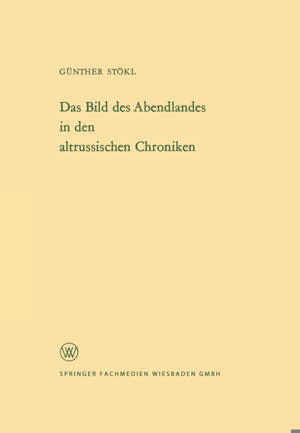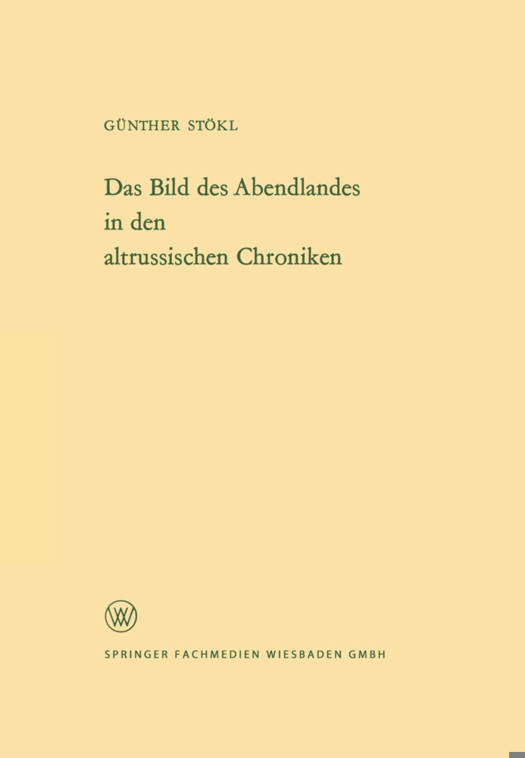
- Afhalen na 1 uur in een winkel met voorraad
- Gratis thuislevering in België vanaf € 30
- Ruim aanbod met 7 miljoen producten
- Afhalen na 1 uur in een winkel met voorraad
- Gratis thuislevering in België vanaf € 30
- Ruim aanbod met 7 miljoen producten
Zoeken
Omschrijving
Anyone who wishes to discover how the old Russian chroniclers pictured the Latin world of the West will immediately meet with serious difficulties. These are in part due to uncertainties in the transmission of their texts: there are centuries between the events which are described and the manu- scripts that have been preserved concerning the Kiev empire. These difficulties are also to some extent due to the religious schisms that existed between the Eastern and Western church: Orthodox clerics who wrote the chronicles in Russia during the Middle Ages deliberately ignored any contact with the Latins, decisively influenced by Byzantinism as they were. A corrective to this theoretical one-sidedness was, however, supplied by the practical contact that existed with neighbouring countries who had adhered to the West; but the old Russian chronicles tell us little even of the Poles, the Hungarians and the Bohemians. When the Kiev empire collapsed and with the emergence of new local centres of authority, Russian views began to change. The Principality of Galicia-Volhynia in the south-west adjoined the West. 1ts chroniclers were well acquainted with their Latin neighbours and exhibited no particular malice towards them. Novgorod in the north-west also maintained close contacts with the West, with the knights of the "Deutscher Orden", and with the merchants of the hanseatic cities. These contacts were, however, merely passive on the one side and were conf1ned to the Baltic area.
Specificaties
Betrokkenen
- Auteur(s):
- Uitgeverij:
Inhoud
- Aantal bladzijden:
- 78
- Taal:
- Duits
- Reeks:
- Reeksnummer:
- nr. 124
Eigenschappen
- Productcode (EAN):
- 9783322983312
- Verschijningsdatum:
- 1/01/1965
- Uitvoering:
- Paperback
- Formaat:
- Trade paperback (VS)
- Afmetingen:
- 170 mm x 244 mm
- Gewicht:
- 140 g

Alleen bij Standaard Boekhandel
+ 108 punten op je klantenkaart van Standaard Boekhandel
Beoordelingen
We publiceren alleen reviews die voldoen aan de voorwaarden voor reviews. Bekijk onze voorwaarden voor reviews.











